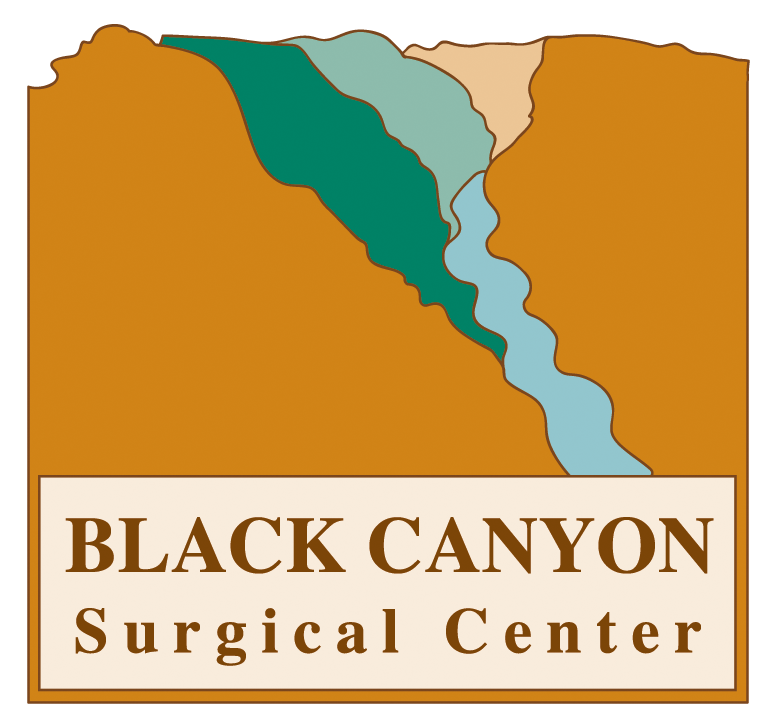FAQ's
What is Outpatient Surgery?
Outpatient Surgery, also referred to as ambulatory surgery or same-day surgery, is surgery that does not require an overnight hospital stay.
What do I need to bring with me on the day of my surgery or procedure?
1. Insurance cards and driver’s license or another form of picture identification.
2. Any estimated co-pay or deductible amounts due.
3. Reading glasses if needed to complete admission paperwork.
4. Wear comfortable, loose-fitting clothing.
Do NOT Bring
1. Watches, rings, jewelry.
2. Valuables
When can I see my family after my surgery or procedure?
After your outpatient procedure, you will be moved to our Recovery Area. When you are fully awake, your family will be able to join you. Until then, your family is welcome to wait for you in our comfortable waiting area.
Can I drive myself home after my surgery or procedure?
No. Due to the anesthesia required for surgeries and procedures, we will not allow any patient to drive themselves home afterwards. Please arrange for a family member or close friend to transport you to and from the facility on your day or surgery.
What do the facility fees cover?
This facility’s fees cover the use of the facility only. You will be billed separately for laboratory, pathology, surgeon or anesthesiologist fees
Who administers anesthesia?
All anesthetics are administered by a member of the Anesthesia Department here at the Facility. The staff consists of anesthesiologists and Certified Registered Nurse Anesthetists (CRNA) who work closely together in providing you with the highest level of care.
Will I get to speak with the person doing my anesthesia before my surgery?
Yes. On the day of surgery your anesthesia provider will sit down with you and review you medical history, and explain their plan for your care. You will have the opportunity to have all of your questions or concerns addressed at that time. Please contact the Center and ask to speak with a Nurse if you have concerns that need to be addressed prior to the day of surgery.
Will I get a shot before surgery?
An intravenous (IV) line is started, through which medication can be given, including medication to reduce anxiety or antibiotics that your surgeon may have prescribed.
